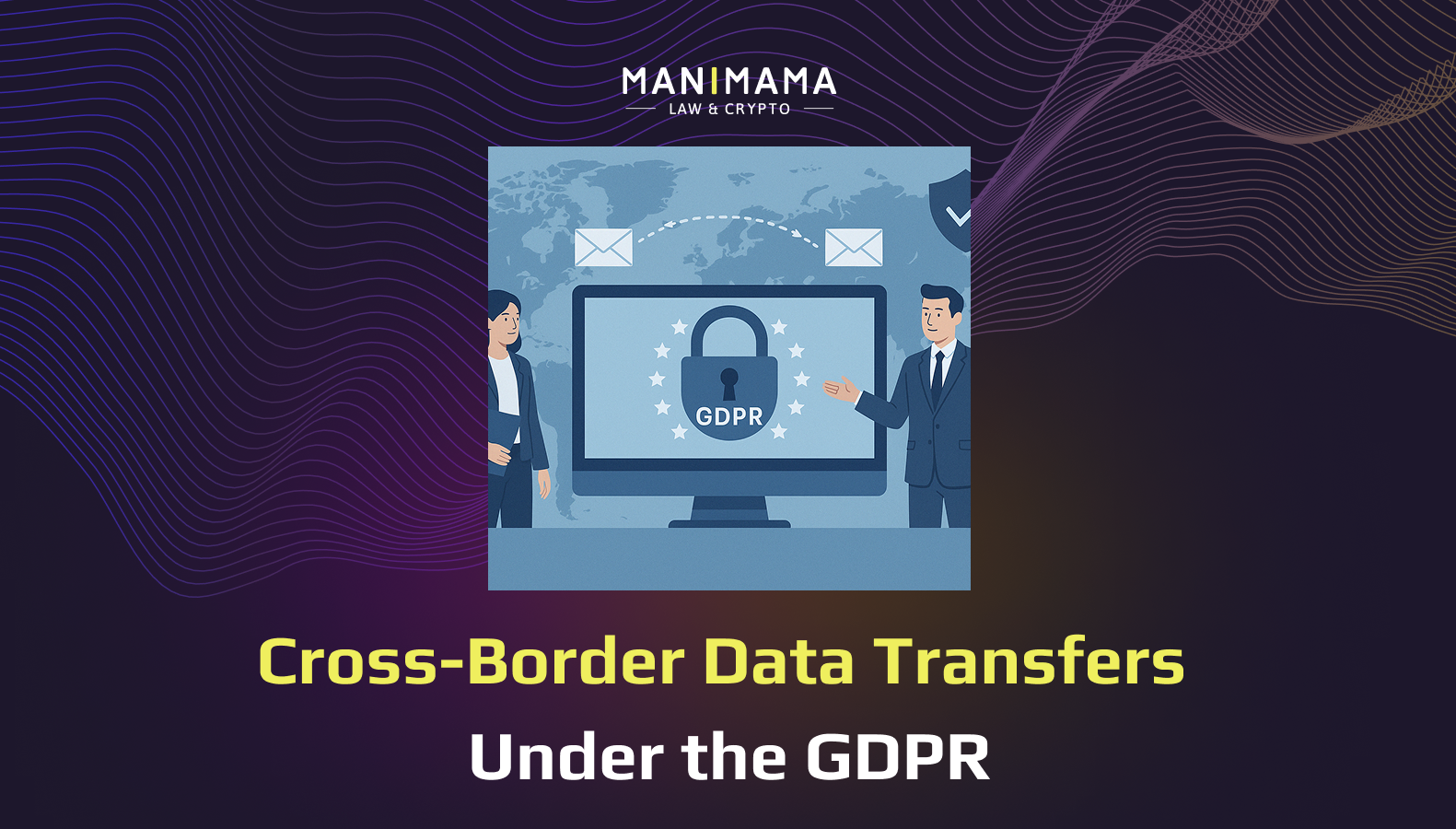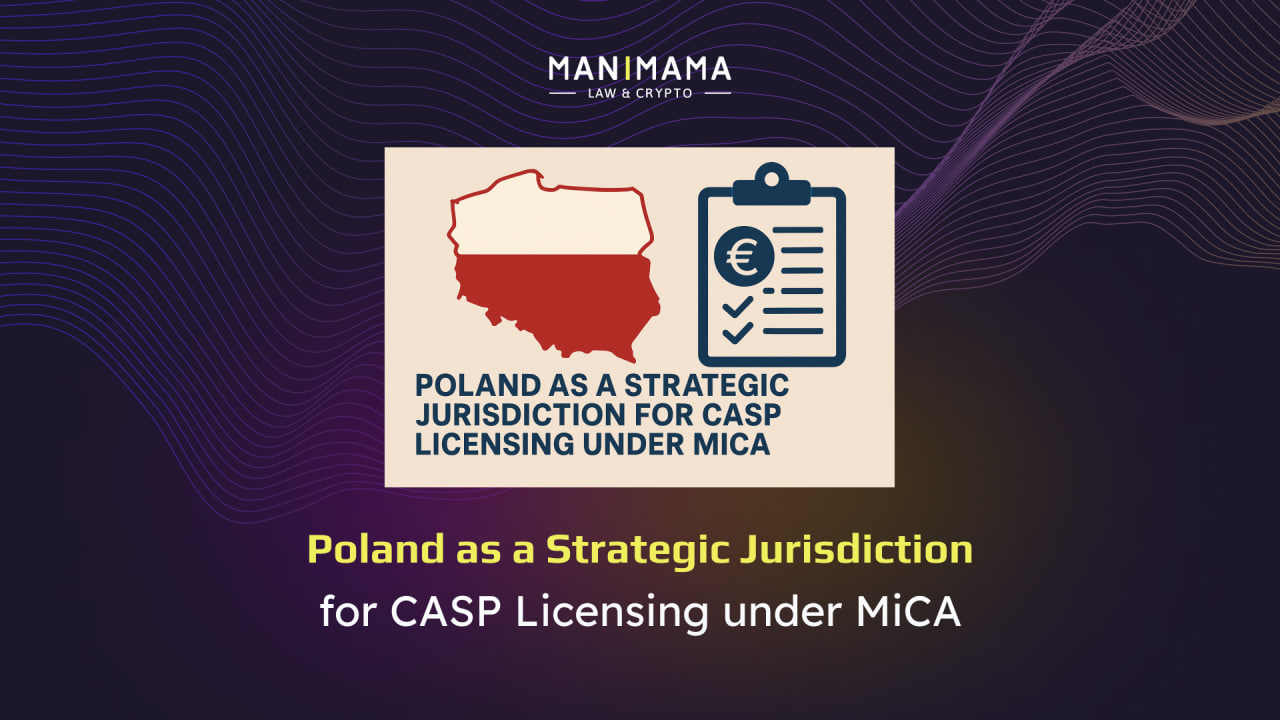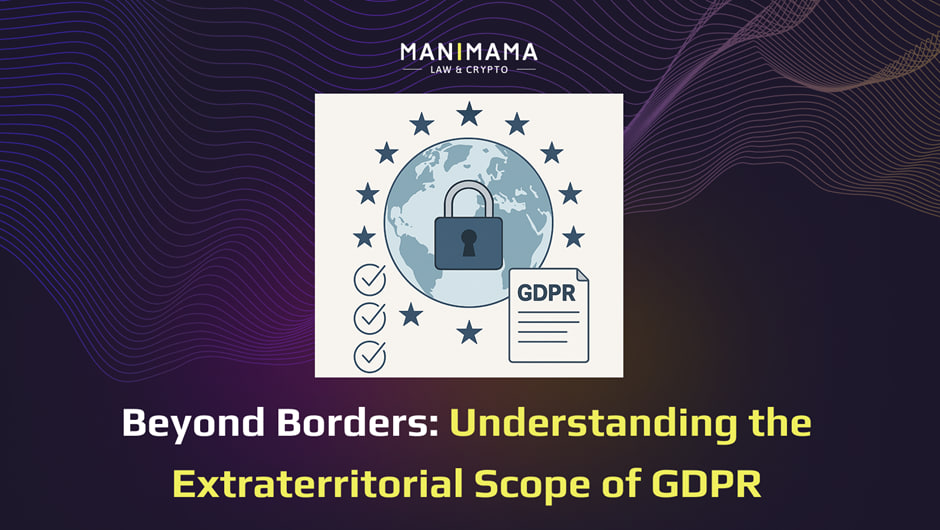If your company transfers personal data from the European Union to other countries—whether to partners, contractors, hosting providers, or analytics services— your business is subject to the transfer rules outlined in Chapter V of the GDPR.
Overlooking or downplaying the requirements for cross-border transfers isn’t just a legal risk—it can also lead to a loss of trust from clients and investors. This is especially true today, as regulators are increasingly scrutinizing international data flows, and courts are challenging the legitimacy of transfers to certain countries.
In this article, we’ll take a structured look at:
- What qualifies as a cross-border transfer;
- Which legal mechanisms are available depending on the jurisdiction;
- How to properly document and safeguard these transfers.
This guide is aimed at companies seeking to stay GDPR-compliant while building a robust legal framework for sustainable growth.
What Is a Cross-Border Data Transfer?
A cross-border transfer of personal data refers to any access to or transfer of information that goes beyond the borders of the European Union or the European Economic Area (EEA). This concept includes remote access to data stored within the EU.
In other words, a transfer can occur even when:
- An employee or contractor located in a third country remotely accesses a CRM system hosted within the EU;
- A company uses a cloud service provider (such as AWS or Google Cloud) whose servers are physically located outside the EU;
- Analytics tools, marketing platforms, or customer support services process data on servers located in third countries.
The GDPR does not provide a single, explicit definition of “transfer.” However, it outlines three cumulative conditions that, if met, qualify an action as a cross-border transfer:
- The data controller or processor is subject to the GDPR (for example, processing data of EU residents);
- The data is disclosed or made accessible to a third party (e.g., a service provider);
- The third-party (data importer) is located in a country outside the EU or EEA.
In such cases, the company bears full legal responsibility for ensuring the lawfulness of the transfer. This must be justified through an ‘adequacy’ decision by the European Commission for the recipient country or by implementing appropriate safeguards in line with GDPR requirements.
What Transfer Mechanisms Are Considered Permissible?
The GDPR clearly establishes a hierarchy of mechanisms for lawful international data transfers. Ignoring this structure—even if a transfer seems “technically secure”—can result in the transfer being deemed unlawful.
1. Adequate Jurisdictions
The simplest route is to transfer data to a country that the European Commission has officially recognized as providing an adequate level of data protection. In such cases, no additional contracts or risk assessments are required. However, only a limited number of jurisdictions currently qualify. These include, among others: Japan, Switzerland, Canada (partially), South Korea, Israel, the United Kingdom, New Zealand, and Uruguay.
2. Appropriate Safeguards
If the destination country does not benefit from an adequacy decision, the data exporter must implement additional safeguards to protect data subjects’ rights. The most common mechanisms are:
- Standard Contractual Clauses (SCCs): Pre-approved contractual terms issued by the EU that establish GDPR-compliant obligations between data exporters and importers.
- Binding Corporate Rules (BCRs): Internal data protection policies for multinational corporate groups approved by EU supervisory authorities.
- International agreements between public authorities: These apply mainly to public sector entities (e.g., cross-border cooperation between customs or statistical agencies).
For small and medium-sized enterprises—especially those in SaaS, outsourcing, or serving European users—SCCs are typically the most practical and accessible option.
3. Derogations (Article 49 GDPR)
These are considered a “last resort” and allow data transfers without adequate safeguards only in exceptional cases, such as:
- The data subject has given explicit, informed consent;
- The transfer is necessary for the performance of a contract;
- The transfer is required for important reasons of public interest or legal proceedings;
- The transfer is necessary to protect the vital interests of the data subject.
These derogations are not intended for routine use. They should only be relied upon in isolated circumstances and do not relieve companies of the obligation to maintain an overall level of data protection.
Practical Steps for Companies Handling Cross-Border Transfers of Personal Data
To go beyond mere formal compliance with the GDPR—and to be truly prepared for audits, regulatory reviews, and future legal developments—your company should implement a structured and proactive data transfer strategy:
1. Conduct a Data Transfer Impact Assessment (DTIA)
A DTIA evaluates the legal environment of the recipient country: What data protection laws apply? Is there a risk of unchecked government access (e.g., data requests without judicial oversight)? What safeguards exist for individuals? This assessment must be documented and kept up to date.
2. Implement Additional Technical and Organizational Safeguards
- Use end-to-end encryption or data pseudonymization;
- Separate access to encryption keys from data processing systems;
- Enforce strict access controls and activity logging;
- Sign NDAs with all personnel who have technical access to personal data.
3. Formalize the Transfer
- Sign Standard Contractual Clauses (SCCs), or implement Binding Corporate Rules (BCRs) if you’re part of a corporate group;
- Update internal records and documents, such as the Records of Processing Activities (RoPA) and privacy policies;
- Include relevant clauses in your Terms of Service or service agreements.
4. Stay Informed and Adaptive
- Monitor changes to adequacy decisions (e.g., in the aftermath of Privacy Shield’s invalidation);
- Update contracts as needed—note that new versions of SCCs were adopted in 2021, and older versions are no longer valid;
- Track guidance from supervisory authorities, including key rulings from the European Court of Human Rights and the CJEU.
As Conclusion
Cross-border transfers of personal data are not just a legal formality—they’re a strategic marker of how prepared your business is to operate internationally under real, enforceable rules.
Well-designed data transfer mechanisms strengthen your position in negotiations with B2B clients, major platforms, and public authorities. They demonstrate that you’re not just familiar with the GDPR—you’re implementing it consistently and thoughtfully.
If you’re unsure whether your data practices meet cross-border transfer requirements, or you’re preparing to enter global markets, Manimama Law Firm is here to help. We assist companies with risk assessments, DTIA preparation, and the implementation of SCCs, BCRs, or well-grounded derogations.
We work with businesses that are in it for the long haul—legally sound, strategically focused, and aligned with long-term goals.
Get in touch—and we’ll help you find a solution that works for your jurisdiction, your partners, and your product.
Our contacts
If you want to become our client or partner, feel free to contact us at support@manimama.eu.
Or use our telegram @ManimamaBot and we will respond to your inquiry.
We also invite you to visit our website: https://manimama.eu/.
Join our Telegram to receive news in a convenient way: Manimama Legal Channel.
Manimama Law Firm provides a gateway for the companies operating as the virtual asset wallet and exchange providers allowing to enter to the markets legally. We are ready to offer an appropriate support in obtaining a license with lower founding and operating costs. We offer KYC/AML launch, support in risk assessment, legal services, legal opinions, advice on general data protection provisions, contracts and all necessary legal and business tools to start business of virtual asset service provider.
The content of this article is intended to provide a general guide to the subject matter, not to be considered as a legal consultation.










